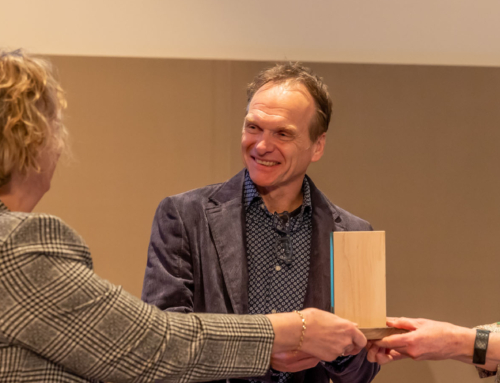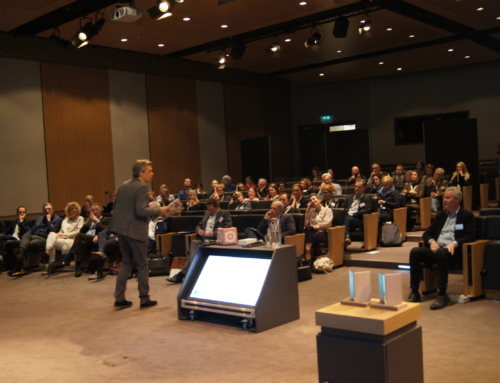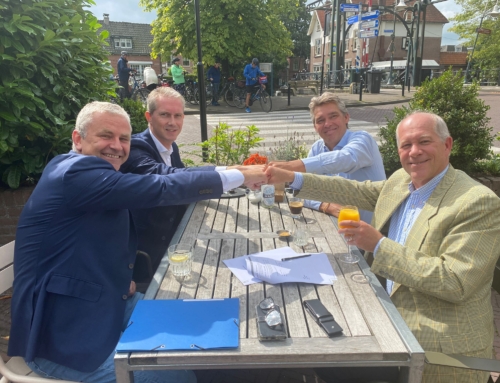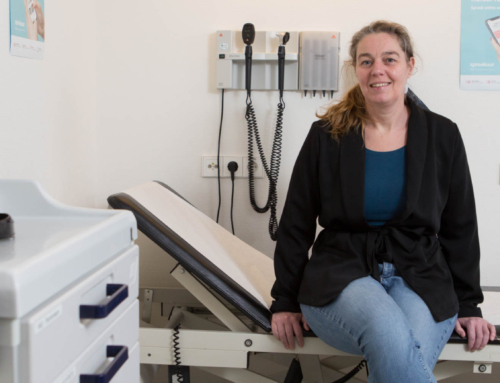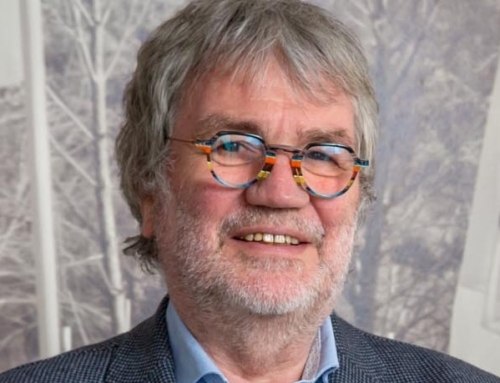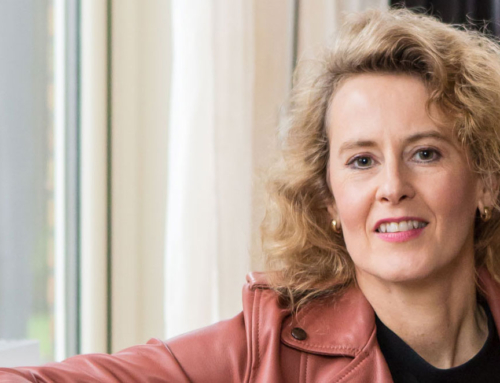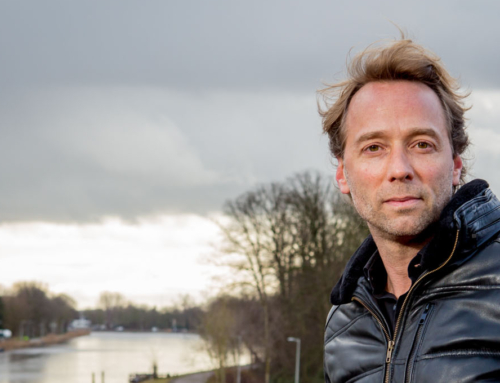Reduce the pressure on the out-of-hours GP with digital triage
Dianne Jaspers, medical director of Huisartsen Eemland, saw the pressure on her GP station increasing. When she was approached by Docly, she was immediately enthusiastic. Docly is a digital triage- a Swedish-made consultation platform that could also be a solution for Dutch GPs. Unfortunately, Docly withdrew from the Dutch market, but a new perspective emerged.
Intention: Reducing the workload with a digital platform
If the GP is closed in the evening on the weekend, Can patients go to the GP post?. In recent years, the number of patients has increased and caregivers experience a high workload. Good triage is therefore extra important to determine what a patient needs and whether a visit to the post is really necessary. ‘I have always challenged the assumption that people necessarily want to come to the post office,’ says Jaspers. “They just want to know what's going on.”
Docly offers a digital platform for triage and consultations, which can save the GP a lot of time. Patients log in, answer triage questions and can upload a photo, after which the doctor can give online advice via chat or video calling. This is nice for patients because they don't have to come to the post and for general practitioners who spend less time on a consultation. In addition, the app takes some of the triagist's work (the GP assistant) over.
GPs Eemland started a pilot together with Docly to investigate whether the platform also works in the Netherlands and can reduce the pressure on the GP.
“That the Docly platform in Sweden worked well, turned out to be no guarantee for a successful roll-out in the Netherlands.”
Approach: A well-thought-out pilot
In 2018 GP Eemland was approached by Docly, a spin-off of the Swedish e-health start-up MinDokter that wanted to enter the Dutch market. Docly offered a complete software package and had already shown in Sweden that the platform works.
Jaspers agreed that she would implement a pilot together with Docly. She made results- and financial agreements with the health insurer and Topicus approached, the developer of the GP information system used at the post (the HAPHIS). With the help of Topicus, the 10 most common complaints determined and triage questionnaires drawn up. Thinc (The Healthcare Innovation Centre, part of the University Medical Center Utrecht) checked the lists. Subsequently, 10 until 15 GPs sought and trained to work with Docly and triagists were trained. Because adopting the platform requires a change in patient behavior, Docly and General Practitioners Eemland also drew up an extensive communication plan, including flyers and interviews in regional media.
In January 2019 everything was ready and the pilot could start.
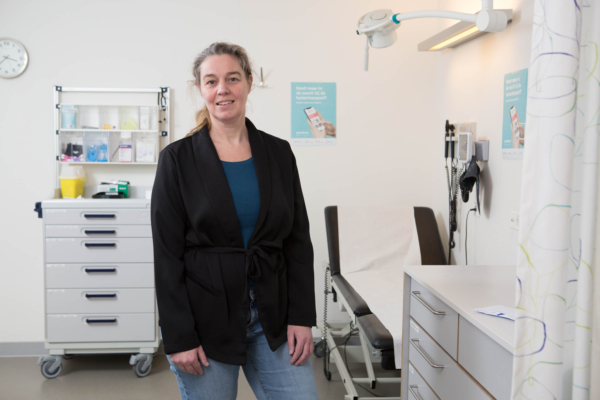
Photo: Liesbeth Dingemans
Result: Docly withdraws, office hours.nl starts up
The pilot went well and patients were satisfied. Employees still had points for improvement (GPs had to retype a lot because Docly was not yet communicating well with their own information system), but did see the potential of the platform. Because it took a little longer than expected to change the triagist's work process and patient behavior, eventually became 500 instead of 800 consultations done.
A few weeks before the intended end date, Docly, despite the promising results, unplug the pilot. The company decided to focus only on the UK market, which is larger than the Dutch one.
After the failure of the roll-out in the Netherlands, Topicus started an alternative digital platform together with content specialist DigiDok, spreekuur.nl. This platform is integrated with HAPHIS and has looked closely at what could be done better at Docly ly. ‘What we had learned turned out to be worth gold for this initiative,’ said Jaspers.
Learning moments and perspectives for action
The skin of the bear – Initial succes can make us think we have taken the right track
That the platform worked well in Sweden, turned out to be no guarantee for a successful rollout in the Netherlands. Docly in particular misjudged this. ‘The data exchange processes turned out to be time-consuming and the Netherlands was ultimately too small for Docly to invest long-term,’ said Jaspers.
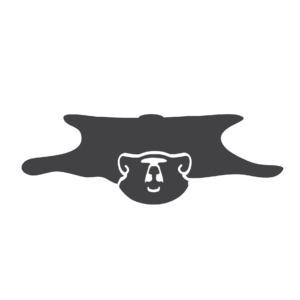
The light bulb – The experiment
Docly's pilot in the Netherlands was an experiment. It is important to ask yourself when a pilot is a success for the various parties and when is the right time to pull the plug. The pilot failed, but a lot has happened with the failure yields.
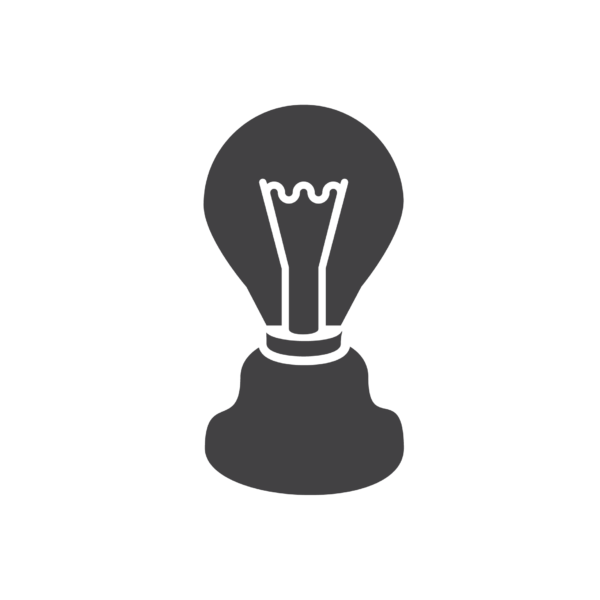
De canyon – Rooted patterns
During the pilot it turned out that it was difficult to change the behavior of triagists and patients. “Triagists needed to be reminded to refer the patient to the platform. And a patient only approaches us once or twice a year, so the learning curve is very slow.”



